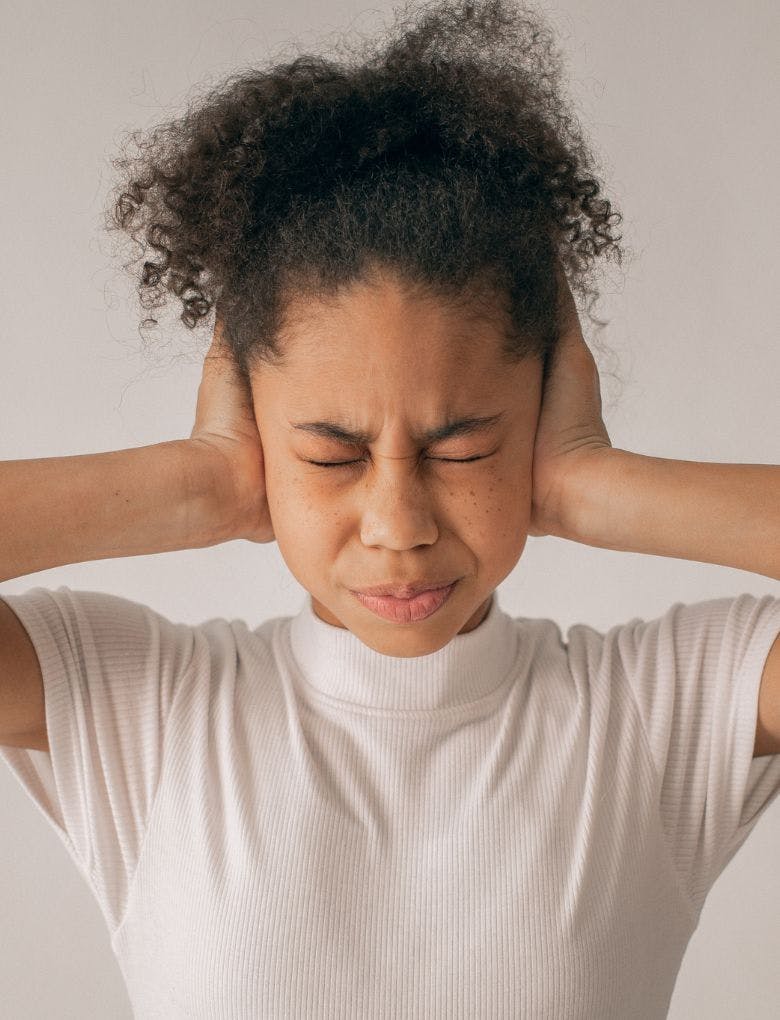Wellness Hacks To Help Avoid The January Blues
7 minutes read
Ah, the January Blues, the deep dark slump that smacks you in the face immediately after Christmas and lingers until you feel Spring in the air. The festivities feel like a distant memory, as does a healthy bank balance. The weather errs on the wrong side of dismal, and nothing steals the spring from one’s step like the trudge back to the office. But don’t despair! We have the answers if you want to know how to beat the January blues.
The meaning behind “January Blues”
The blues describe a temporary sadness that often kicks in after a big or special event. For example, January falls right after the frivolities of Christmas. As such, January Blues came into circulation to describe feeling tired, sad, or unmotivated in the first month of the year. So, if you find yourself asking, why do I feel so low in January? You’re not alone.
Why is January so depressing?
January depression can be caused by many reasons. The weather is typically far from ideal, and people have over-indulged in the previous months, depleting bank balances and energy levels. In addition, the weight of New Year’s Resolutions and the passing of time can lay heavy on some people’s shoulders and going back to work after time spent with loved ones is tricky for everyone. And it’s more than just a niggling feeling of sadness; there’s scientific proof to support the claim that the seasons can affect our moods. And it’s common too, with the NHS estimating that it affects around 2 million people in the UK and more than 12 million people across Northern Europe. While winter blues is a general term rather than a medical one and will usually lift on its own, its more severe big sister Seasonal Affective Disorder is brought on by the shorter days and limited winter daylight. She can result in sufferers being unable to go about their day-to-day life.

How to survive the January Blues
If you struggle to cope with January depression, there’s nothing more effective than a trip to a mental health professional. However, you can do many little things to help avoid January Blues.
Get outside
Tempting as it may be to draw the curtains and burrow into bed, it’s so important to throw those windows open and get outside as often as you can for a healthy dose of Vitamin D, which is proven to reduce stress and boost your serotonin levels, which will improve your mood. In addition, researchers have found that there is a friendly bacteria found in soil that will also trigger serotonin production, so it might be time to get gardening or invest in a house plant or two.
Leave yourself notes
Whether it’s a motivational quote, a reminder of a happy moment or just a smiley face, a note can help jolt you out of a low moment, so dot them around your home, car, or workspace for a quick pick-me-up.
Get moving
While we would all probably instead look the other way when it comes to working out in January, some benefits extend beyond your physical appearance. A burst of exercise – and it doesn’t have to be anything extremely strenuous – can boost anandamide (a chemical created in the brain known as the ‘happy hormone’) and dopamine. The Mental Health Foundation reported compelling evidence that half an hour of vigorous exercise three times a week would help combat depression, with lots of anecdotal evidence that lighter forms of exercise were also very effective.
Keep in touch
People are far less likely to maintain their social life in January. Working from home makes it very easy to start feeling isolated, which can amplify sadness. However, getting outside for a coffee and having a quick chat with your barista or scheduling a meeting over Zoom to catch up with a colleague can give you a much-needed interaction that could liven up your day.
Citrus burst
We all know that eating fruit is good for you, but when it comes to the citrus family, did you know that even just a sniff has been proven to reduce stress? Studies by the Mayo Clinic found that citrus scents can soothe stress and anxiety and help digestion.
You are what you eat
While eating a balanced and nutritious diet is undoubtedly good for your body, remember that your mind will benefit too. You can get a good burst of vitamin D through foods like mushrooms and orange juice, and eating things rich in omega-3 fatty acids (like salmon and nuts) can boost your mood and cognitive function.
Be kind
It’s always nice to be kind, but trying to do one nice thing per day (or week, if that feels unmanageable) in January can give you something positive to focus on. And studies have shown that it will stimulate the area of your brain associated with pleasure and reward, plus reduce stress levels. It can be as simple as telling someone they look nice or leaving a small business a good review and then basking in the glow of your good deed.
Switch off
We’re all guilty of doom-scrolling now and then, but in January, there’s more to be gained from turning one’s phone upside down and neglecting social media. Psychologist Svend Brinkmann wrote a book called JOMO (the joy of missing out) and urged his readers to regularly swerve social media for some time to avoid inevitable FOMO (fear of missing out), which studies have linked to depressive symptoms.
Clean up
Now stay with us… while household chores may seem like a speedy way to darken bad moods further, one study showed that 32% of participants’ SAD symptoms improved after a burst of housework. So, pick up the duster and get to work, or use your newfound knowledge to encourage the rest of your household to grab the hoover.
Seasonal Affective Disorder or January Blues?
Lots of us suffer from January Blues and lingering feelings of sadness, but generally speaking, the condition doesn’t stop one from being able to function in day-to-day life. While the symptoms of winter blues and seasonal affective disorder (SAD) are similar. Sufferers of the latter find that the blues affects all areas of their life, stopping them from being able to live fully. It can manifest in sleep issues, irritability, a weakened immune system and trouble concentrating.
What is Seasonal Affective Disorder?
Most scientists believe that Seasonal Affective Disorder relates to how our bodies respond to sunlight. Light enters our eyes and sends a message to the part of our brain responsible for appetite, libido, sleep, and mood. With less light, these messages are slower and can stop altogether. So some people need more light than others to function, and when daylight hours are shorter, these people suffer the most. Other lines of thought trace SAD to traumatic events or stress, melatonin levels or some people’s inability to properly regulate their circadian rhythm, aka their internal body clock. It’s also thought that serotonin levels play a part in SAD, with low serotonin levels observed in depression sufferers.
Can it cause anxiety?
Unfortunately, yes, as SAD manifests itself in lots of the same ways as depression does, which includes anxiety, mood swings and panic attacks.
Does Seasonal Affective Disorder get worse with age?
SAD can strike at any age, but someone under the age of 21 is more likely to develop it, and it’s estimated that twice as many women as men suffer from it.
When does Seasonal Affective Disorder Start?
It’s unknown exactly what causes SAD, but because it is caused by little light, it’s thought that the darker season of Winter triggers it.
How to help Seasonal Affective Disorder
Light therapy
As lingering light levels trigger SAD, one of the easiest things to do is to expose yourself to more light. Of course, you can get outside during daylight hours, but light therapy – where you sit in front of or underneath a bright light box for at least 30 minutes – has been reported to help clear up symptoms sometimes within a matter of days.
Take a trip
With UK winters getting steadily more brutal, some SAD sufferers find that taking a trip somewhere sunny can help alleviate symptoms. Although, some people reported that their condition worsened when they came home.
Get counselling
Counselling, psychotherapy, and CBT (cognitive behavioural therapy) can all help people to cope with the symptoms of SAD, so speak to your doctor about finding someone to talk to.
Do sunbeds help with Seasonal Affective Disorder?
Some people think that tanning beds are the answer to SAD as they give a big burst of light; however, the risks of exposing yourself to the dangerous ultraviolet rays that sunbeds emit far outweigh any potential benefits.
Next Read: Here Are 7 Ways To Help You Get Through Blue Monday
Sign up for our newsletter
We will keep you in the loop for special offers, exclusive gifts and product news.

